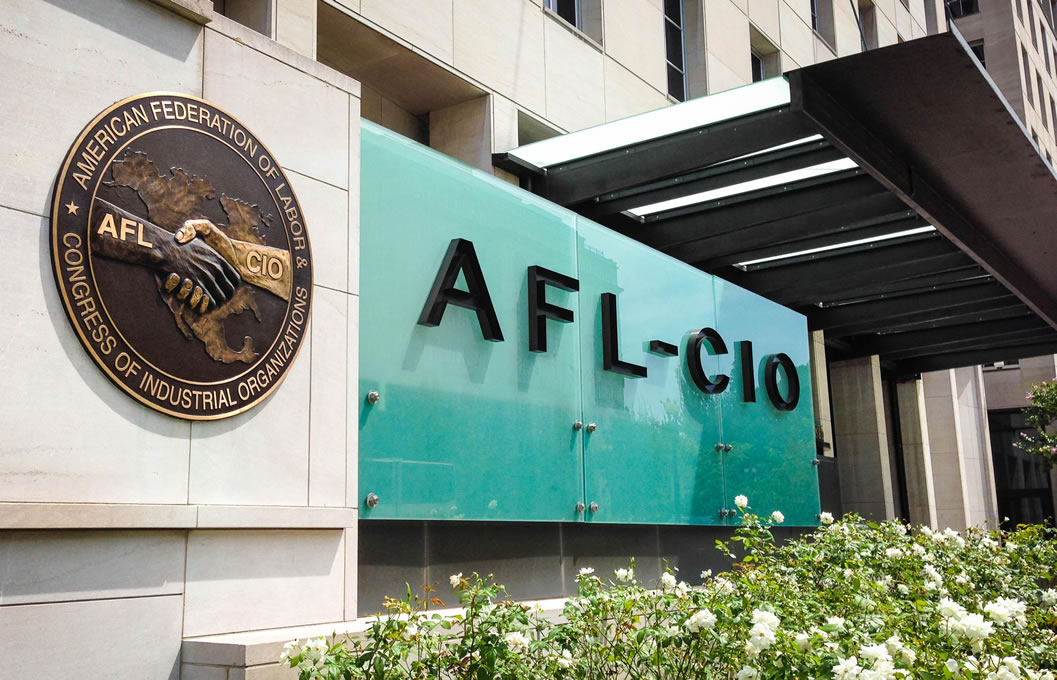
Leading US Labor Union Raises Concerns Over Senate's Crypto Legislation
The AFL-CIO has expressed significant concerns about a proposed Senate bill on cryptocurrency regulation, claiming it lacks adequate worker protections.
The AFL-CIO, the largest labor union federation in the United States, has voiced its strong objections to the Senate’s latest draft bill intended to regulate cryptocurrencies. They argue that it fails to provide necessary protections for workers, which could jeopardize retirement funds by exposing them to high-risk investments.
The union has formally opposed the Responsible Financial Innovation Act (RFIA), stating in a letter to the Senate Banking Committee that the bill poses considerable dangers to both workers and the financial system. The director of the AFL-CIO, Jody Calemine, mentioned:
“The treatment of crypto assets under this bill threatens retirement savings and undermines the overall stability of the U.S. economy.”
Calemine also noted that the legislation would allow the crypto sector more leeway to engage with the financial system without adequate oversight.
The RFIA, which was initially put forth by Senators Cynthia Lummis and Kirsten Gillibrand in 2022, is now being revised by the Senate Banking Committee as a different approach to managing crypto regulation than the previously advanced CLARITY Act.
Worker and Pension Security
Calemine pointed out that while the AFL-CIO is in favor of updating regulations to protect workers from the volatility of crypto assets, the current bill merely pretends to offer such protection. He stressed:
“Instead of shielding workers from the risks of crypto, this legislation would actually expose them to more volatility by allowing retirement plans to invest in risky assets like cryptocurrencies.”
Additional Risks
Further, he warned that the Deposit Insurance Fund, which is supported by taxpayers to guard against bank failures, would face enhanced risks if banks were allowed to hold cryptocurrencies.
Calemine compared these potential issues to those that triggered the 2008 financial crisis, emphasizing that allowing banks to participate in crypto trading could be more hazardous than past high-risk lending practices.
“Banks engaging in crypto-based hedge fund trading activities under this bill could introduce even greater risks than those preceding the 2008 financial crisis,” he stated.
He concluded with a strong call to reject the RFIA, which remains in draft form and has not yet been formally introduced.



